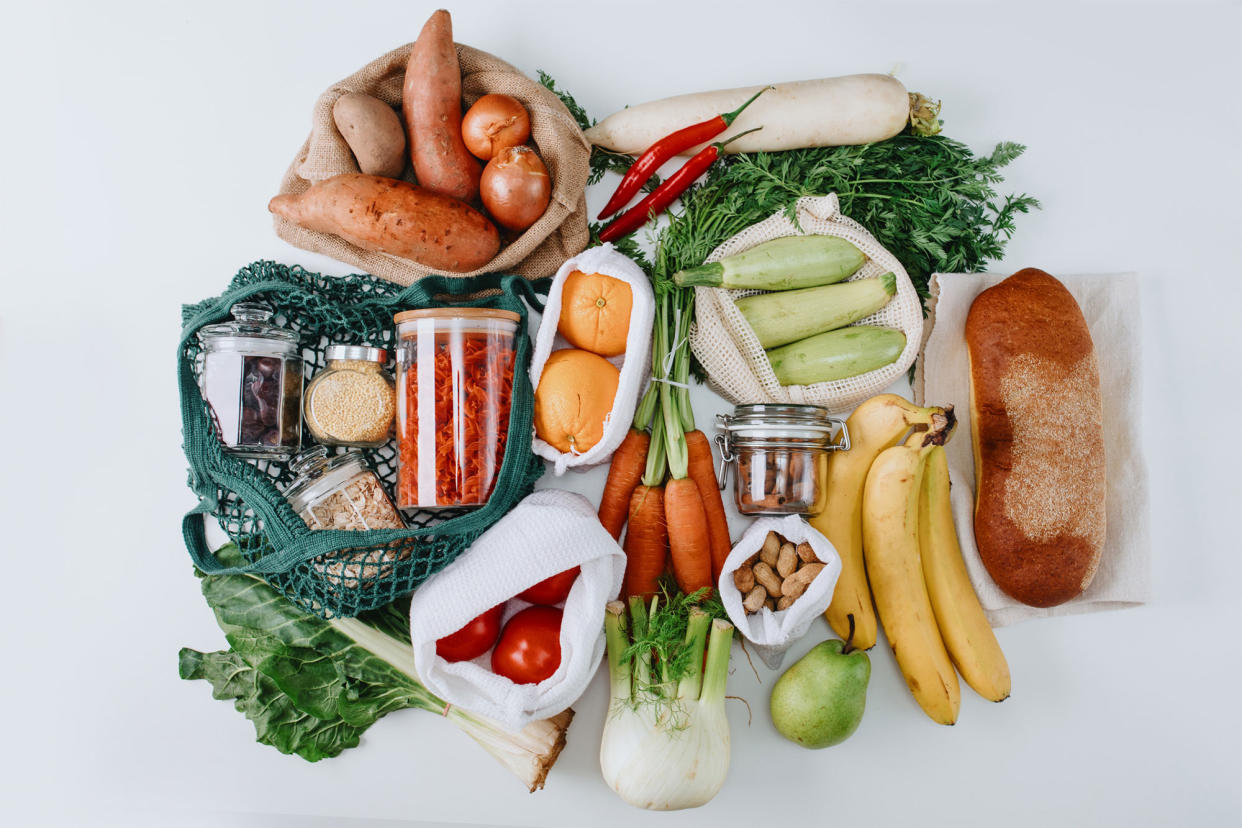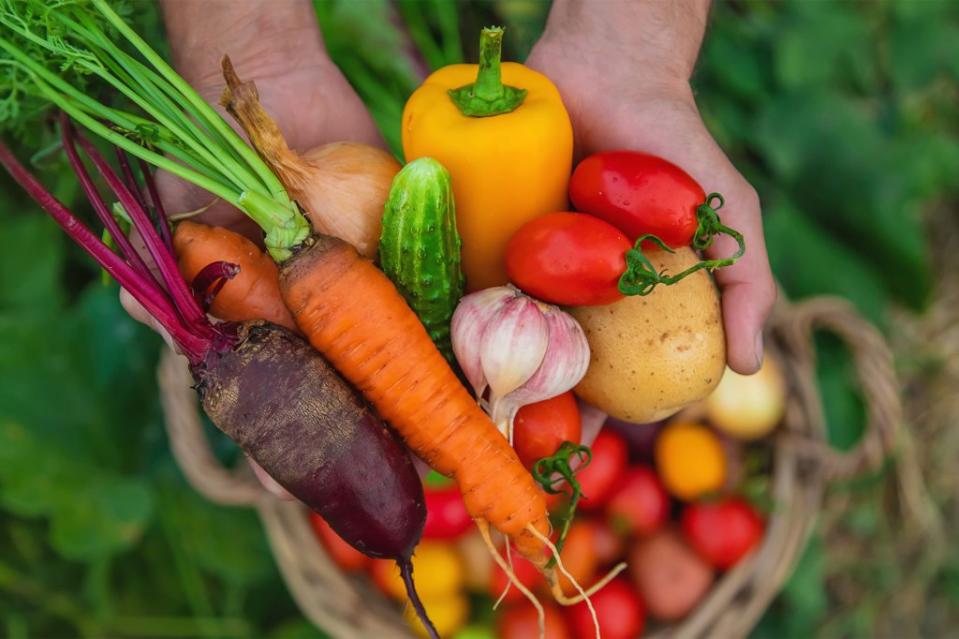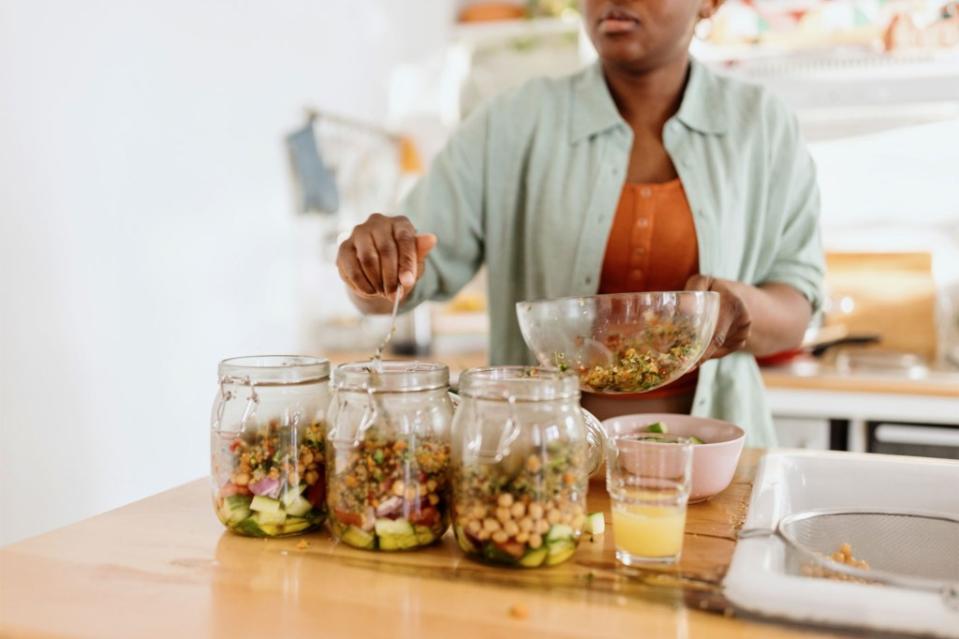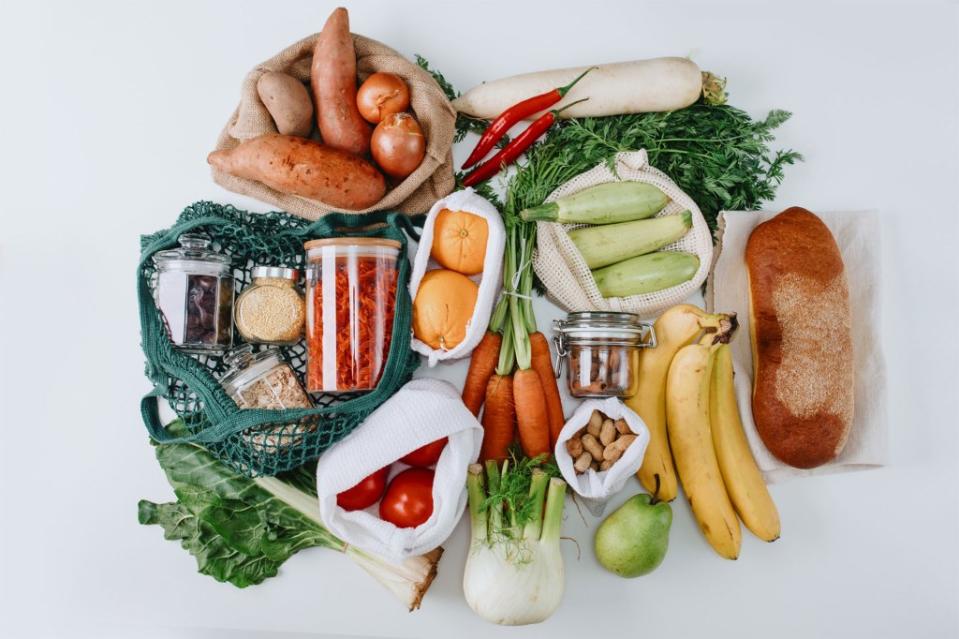I’m a food waste expert — most of these storage ‘hacks’ on TikTok are wrong

What the hack?
A food waste expert is pouring cold water on the recent crop of so-called genius food storage hacks popping up on TikTok.
Ben Thomas, an environment manager for Waitrose, the U.K.’s most upscale national supermarket chain, was left more than a little unsatisfied by some of the most viral videos in the category, he told South West News Service.

Thomas scoffed at the content creators who supposedly “swear” by washing their fruit in water with baking soda after buying it, explaining that doing so might actually wind up shortening the shelf life of the precious produce.
“By washing soft fruit and then putting it in the fridge, the moisture can speed up the decomposition process and it’ll quickly end up as mush,” Thomas pointed out.
“If you want to wash your food, do it before eating rather than before storing,” he explained.
And while putting paper towels in with your bagged salads in order to soak up moisture isn’t the worst idea in the world, ventilating the veggies is more important, Thomas said.
Better to transfer the greens into a proper storage container with ventilation capabilities and decent air flow — that’ll be sure to keep your salad from going soggy.

Thomas also urges consumers to avoid bulk buy produce — bags of onions, clamshells of kale, etc — instead picking up only what they’re sure to consume. A good deal on a pound of greens is one thing, but will you actually use it before it goes brown? That’s another story.
As leader of Waitrose’s food waste reduction initiatives, Thomas added that he’s more keen on the “hacks” he’s seen that encourage home cooks to get creative with leftovers.
“There are lots of handy ways we can all make small changes to reduce the amount of food we waste. Really, if you’re using leftovers for anything, you can’t go wrong,” he said.
For example, with so many home kitchens now containing air fryers, it’s easier — and more fun — than ever to whip up a leftover dinner, turning leftover mashed potato, for example, into crispy croquettes.
He also said that grocery stores have an important role to play in ending waste.

“It’s important that supermarkets also support shoppers taking these steps,” he said. “Whether that’s from the sale of misshapen fruit and veg or removing unnecessary packaging.”
For example, Waitrose decided to remove “best-before” dates from hundreds of its fresh items.
“‘Best-before’, ‘display-by’ and ‘sell-by’ dates can be ignored — ‘use-by’ dates are the only labels which you need to focus on,” Thomas urged.
The expert advice comes on the heels of a new poll of 2,000 adults, which found that 52 percent had been influenced into trying a hack after seeing it on social media.

However, a whopping 21 percent said they were disappointed by the outcome, with 79 percent admitting that first viewings can be deceiving.
According to the poll, cooking, home improvement and kitchen cleaning tips were the most likely to be attempted, along with bathroom improvement tips and how to save money.
Asked about food waste and food storage “hack” videos, some said they’d been inspired to do things like use banana peels to polish their shoes, or to turn leftover fruit into a face mask.
According to the respondents, bananas, bread, milk and salad greens were the most wasted foods, with 35 percent claiming they’d forgotten they had them, the survey conducted via OnePoll found.
“Pre-shop planning is a great way to help you choose what you’ll use when doing your weekly shop,” Thomas said.
“It’s always handy bringing a list with you or even taking a photo of the inside of your fridge before heading out.
“The research shows just how much [we are] now turning to social media when it comes to tips and tricks around the home — and the same goes for reducing food waste too.”

